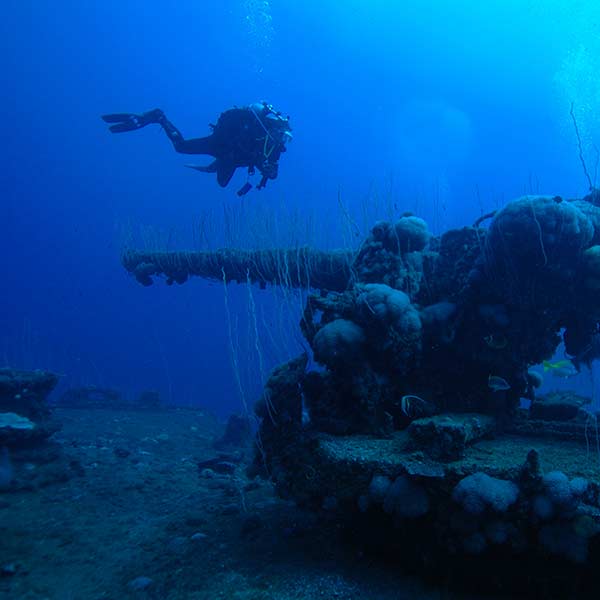Another factor to consider is that the PADI Deep Diver course requires the student to have at least the Adventure Diver certification. That is a rare certification that is almost AOW. It is rare because there is almost no reason not to go the last step to get the AOW. The certification primarily goes to young divers who are not old enough to do the deep dive for AOW.
Almost everyone who takes the deep diver course already has the AOW certification.
Almost everyone who takes the deep diver course already has the AOW certification.






